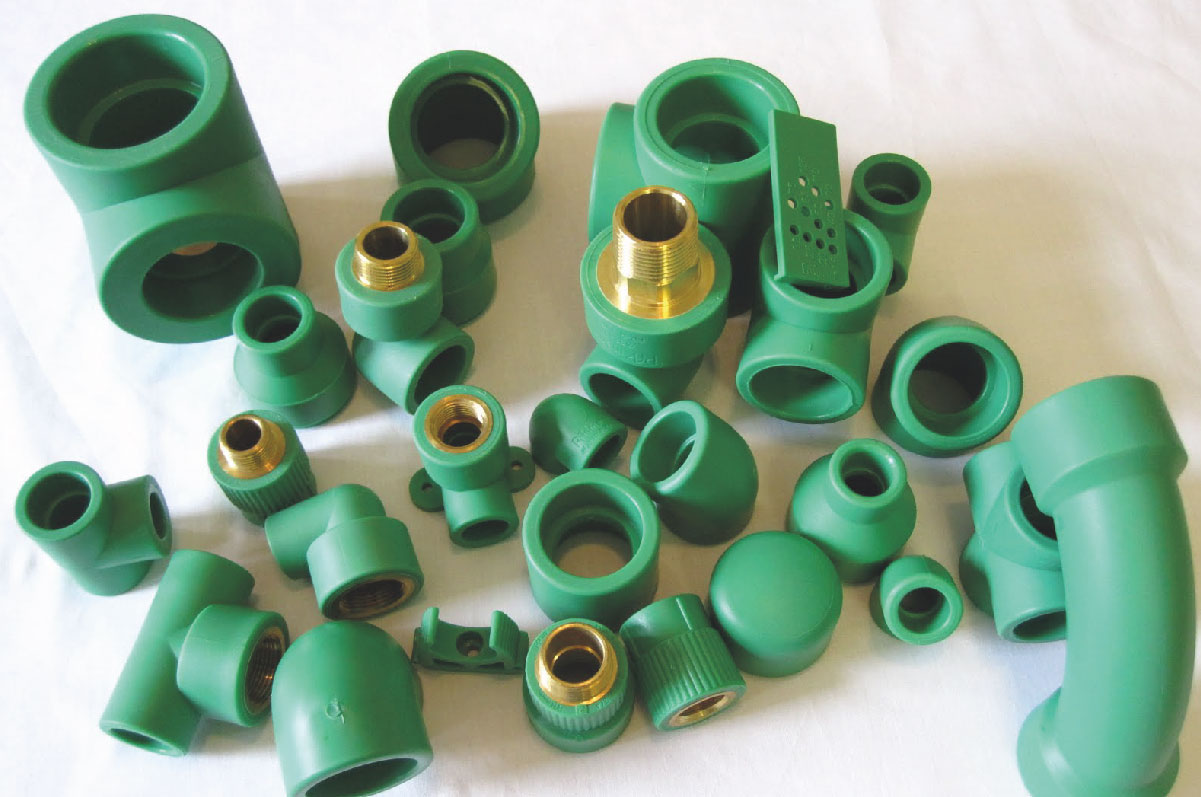PPR is a type of plastic used in plumbing applications. It is a highly durable and cost-effective material that can be used for a wide variety of plumbing projects. It can be installed in residential, commercial, and industrial settings. The pipes are hygienic, easy to install, and resistant to chemicals and bacteria. In addition, they are also environmentally friendly and can withstand high temperatures. As a result, they are a popular choice for modern construction projects.
The PPR pipe industry has experienced robust growth in recent years. This is largely due to increased environmental concerns, urbanization, and technological advancements. In addition, stringent regulations imposed by governments around the world have helped to drive demand for these pipes. As a result, the industry is projected to continue growing for the foreseeable future.
PPR pipes are a great option for water supply and heating systems, as they can withstand high temperatures without deforming or melting. They are also resistant to chemicals, making them a good choice for chemical transport applications. Additionally, PPR pipes have a low friction coefficient, which reduces pressure losses during transport and distribution. This makes them a more energy efficient alternative to other types of pipes.
Another advantage of PPR pipes is their low weight. This makes them easier to transport, handle, and install than traditional metal pipes. They are also easy to cut and join, which makes them a cost-effective choice for many projects. In addition, PPR pipes are resistant to abrasion from hard particles, which is an important feature for well water and industrial applications.
Compared to other types of pipes, PPR pipes are more resistant to corrosion and have an excellent tensile strength. This makes them an ideal choice for underground installations where it is difficult to reach the water source. This is especially true for installations in areas where the ground is rock or soil. PPR pipes are also less prone to damage from vibration or impact, which is an important consideration for installations in earthquake-prone areas.
The quality of the piping materials used in a project is essential to the success of the project. PPR pipes are made from polypropylene random copolymer, which is a highly durable and versatile thermoplastic material. The pipes have a smooth inner surface that resists abrasion, and are available in various sizes and shapes. They are also highly resistant to corrosion and have a low friction coefficient, which helps to increase energy efficiency.
A reliable ppr pipe supplier will use high-quality raw materials to ensure the quality of the finished products. They will use a strict testing process to verify the quality of their products, and they will provide a warranty for all of their products. This way, you can be confident that you’re getting the best possible product for your needs. The company should also offer fast delivery and competitive prices. Lastly, they should be able to provide support and assistance with installation. This will help you make the most of your investment.

